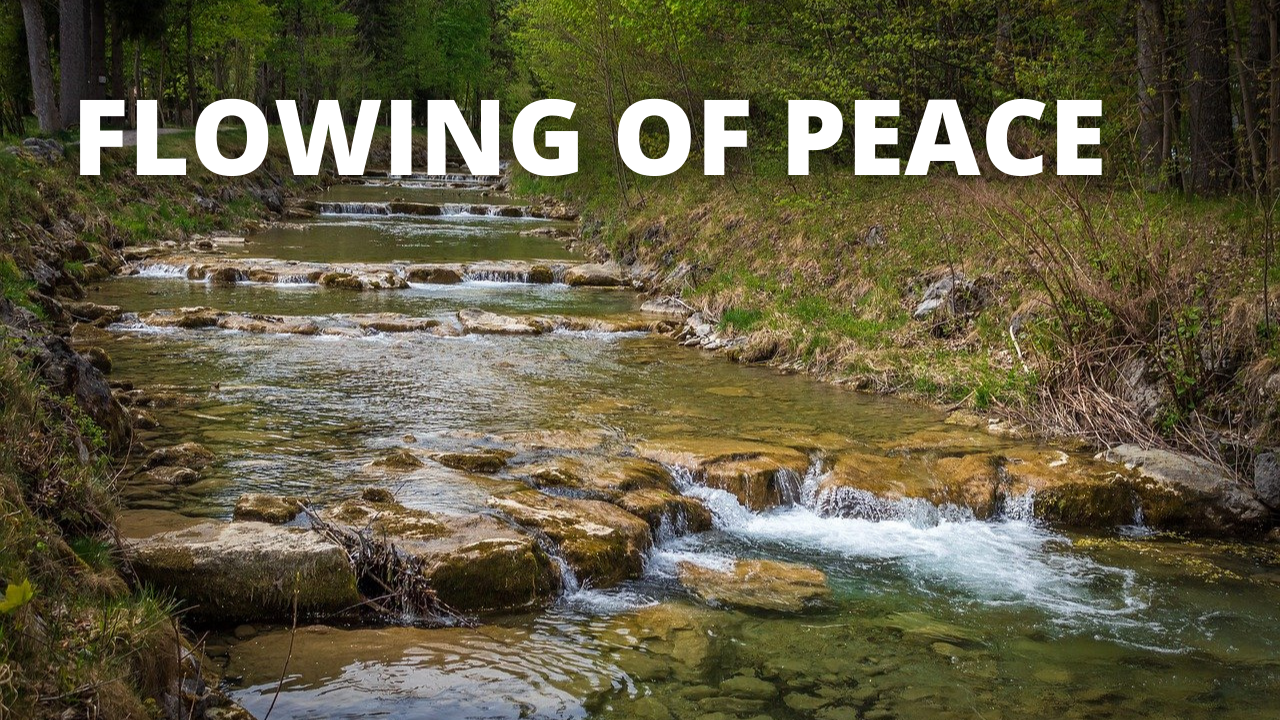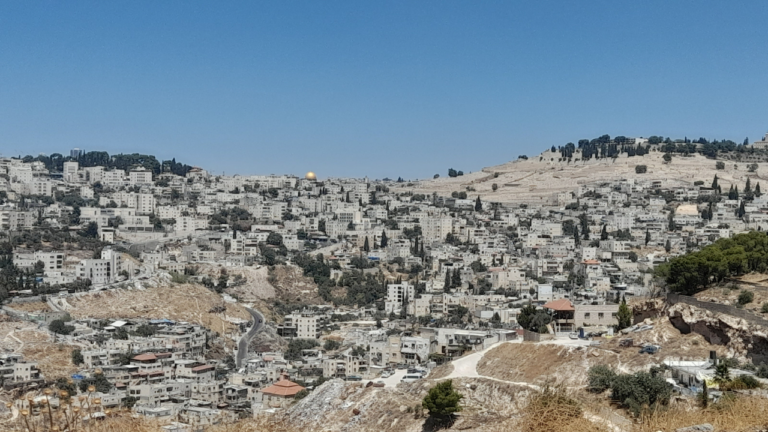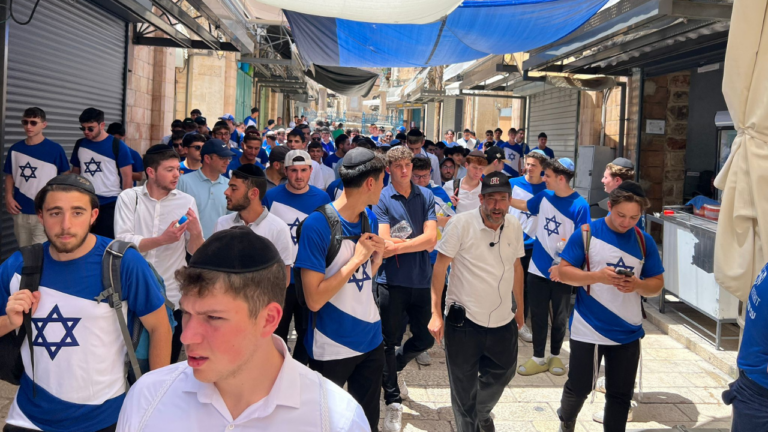Flowing of Peace
This week’s parsha contains the blessings that the Kohanim are to relay to the people. In many ways, these three verses become the paradigmatic blessings of Judaism – they are recited daily in our prayers, in Israel the Kohanim use them to bless the people daily and parents often use them to bless children on Friday nights.
The Midrash hones in on the fact that these iconic blessings conclude with a prayer for peace: “And may [God] give you peace.” This indicates the greatness of peace in the hierarchy of Jewish values, as the midrash states “great is peace that the Torah concludes the blessings with it.” The midrash then launches into a litany of sources regarding the primacy of peace in Judaism.
One entry of this midrash reads as follows:
Beloved is peace that God will only console Yerushalayim with peace. How do we know this? From the verse: ‘I will bring to [Yerushalayim] peace like a river.’ Dovid said: ‘I wanted to know what God was speaking about the Jewish people and I heard that He was speaking about their peace/wellbeing. This is what the verse means: ‘Let me hear what God will speak; He will promise peace to His people.’
To summarize, peace is beloved and great as God is deeply invested in the peace of Yerushalayim and the Jewish people.
A deeper look at this midrash reveals important principles about the nature of the peace that God is invested in. First, it is significant that the peace of Yerushalayim is compared to a river that is flowing into the city. As opposed to a static point of calm equilibrium, peace in the holy city needs constant replenishing as new waters of peace must always be flowing into the city. Perhaps elsewhere in the world peace can be a status quo. But Yerushalayim is so sought after that the only way lasting peace can be achieved is through constant work and vigilance.
Second, the midrash juxtaposes the peace/wellbeing of Yerushalayim with that of the Jewish people. Perhaps the lesson of this sequence is that the peace of these two entities are intertwined. There can be no peace for the Jewish people when Yerushalayim is embattled or occupied. Attacking Yerushalayim constitutes an act of war against the entirety of the Jewish people.
And, similarly, there can be no peace for Yerushalayim when the Jewish people are not well. Part of “seeking out the peace of Yerushalayim” and providing that constant peaceful energy is by strengthening the Jewish people wherever they might be. If someone attacks a Jew in the diaspora, then the city itself cries.
May we merit to see the peace of the Jewish people and Yerushalayim.



